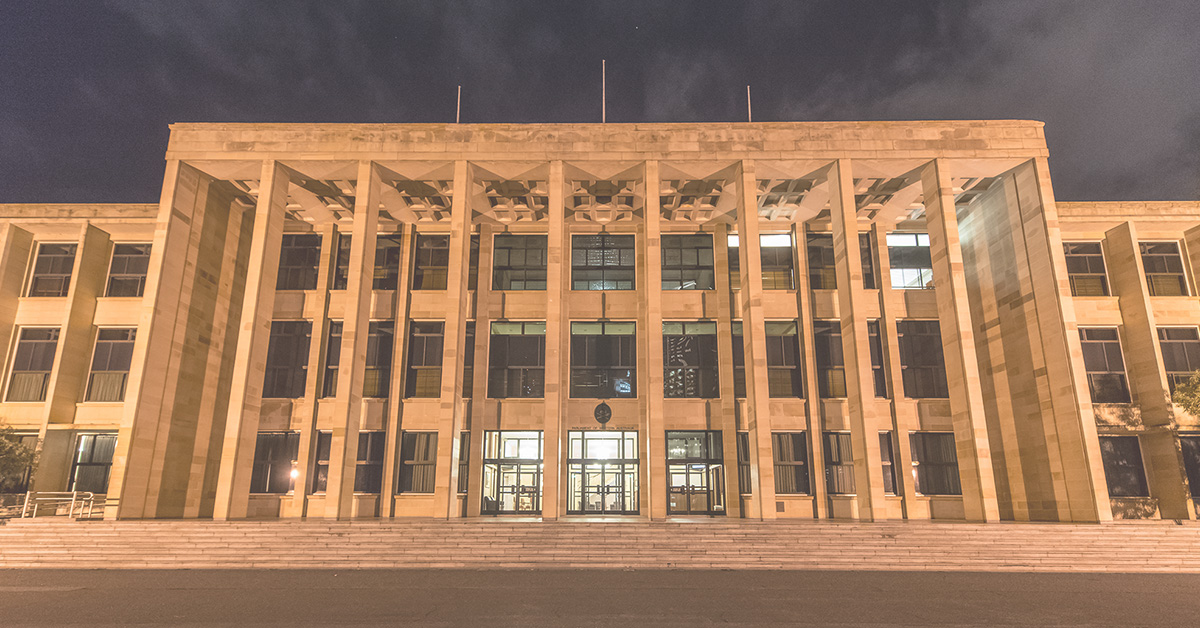The 2025-26 State Budget has allocated billions of dollars towards regional Western Australia, with significant investments in housing, infrastructure, water security, and skills development that directly address some of the most pressing challenges facing agritourism operators. Key initiatives outlined in the budget aim to alleviate workforce shortages, improve regional livability, and support the long-term economic diversification essential for the resilience of farm-based tourism enterprises.
While the budget covers a vast range of statewide programs, this analysis focuses on the measures with the most direct and tangible impact on WAAA members. These include substantial funding for regional housing, cheaper regional transport, expanded TAFE training, and support for critical infrastructure like water and roads.
Targeted Funding to Tackle Housing and Labour Shortages
Perhaps the most critical announcement for operators is the multi-pronged investment in regional housing, a key barrier to attracting and retaining staff. The budget allocates $103.8 million for additional Government Regional Officer Housing (GROH) and a further $13.7 million for regional staff accommodation costs, which will help house essential workers in country towns.
Furthermore, a $25 million Regional Housing Support Fund will provide grants to local governments and developers to bring new housing and land supply to market. For businesses struggling to find accommodation for their workforce, these measures represent a significant step toward easing a major operational constraint.
“Finding accommodation for staff is our single biggest hurdle to expansion,” stated a winery owner in the Southern Forests. “More housing stock in town, whether it’s for government workers or the private market, frees up options for everyone and makes it more feasible for us to attract the workers we need.”
The budget also directly supports the development of a skilled workforce with a significant investment in regional TAFE, including $8.6 million for fee-free housing and construction courses. This initiative is designed to upskill local workforces to build the very homes the regions require.
Improved Infrastructure and Market Access
The budget commits to improving the infrastructure that connects regional businesses to their markets. Key transport initiatives include:
- Cheaper Regional Transport: A permanent halving of Transwa fares and a cap on regional town bus services will make regional travel more affordable, potentially encouraging more intrastate tourism.
- Road Upgrades: A $250 million expansion of the Regional Road Safety Program to local government roads will improve safety and access for visitors travelling by car.
- Water Security: Significant investments have been flagged for water infrastructure, including planning and approvals for the Pilbara and a new desalination plant in Onslow, addressing long-term water security which is fundamental to all agricultural operations.
Support for Economic Diversification and Business Resilience
The budget reinforces the government’s focus on economic diversification with a $500 million boost to the Strategic Industries Fund, aimed at activating industrial land and supporting new projects in the regions. While not a direct grant for farm businesses, this investment is intended to strengthen the broader regional economy in which agritourism operates.
Directly relevant for many members is the announcement of a $337 million WA Residential Battery Scheme, which provides rebates of up to $7,500 for Horizon Power customers and access to no-interest loans. This provides a direct, actionable opportunity for operators to invest in energy resilience, lower operational costs, and enhance their sustainability credentials—a key selling point for modern travellers.
Overall, the 2025-26 State Budget signals a strong focus on addressing the foundational challenges of regional life and business. While many of the programs are administered through local governments and other agencies, the intended outcomes—more housing, a better-skilled workforce, and improved infrastructure—align directly with the core needs of the Western Australian agritourism sector.

Leave a Reply